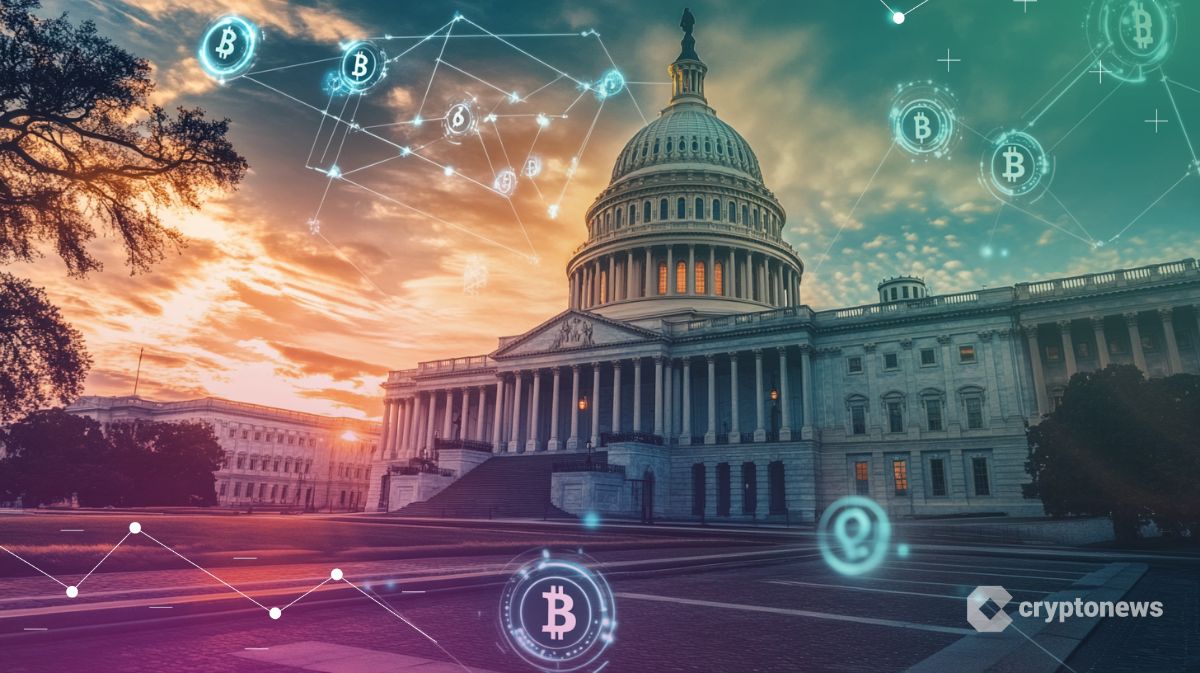US Senate Rushes Stablecoin Bill Vote Before Memorial Day—Bankers Already Polishing Their Lobbying Shoes

Washington’s favorite circus act—crypto regulation—gets another tightrope walk as senators aim to push through stablecoin legislation before the holiday break. Because nothing says ’bipartisan efficiency’ like a last-minute vote on trillion-dollar tech.
Key details: The bill could land as early as next week, setting the stage for the first major crypto framework in US history. Or, more likely, another can-kicking session fueled by lobbyist coffee and legislative jargon.
Bottom line: Whether this actually protects consumers or just institutional bag-holders remains to be seen. But hey—at least Congress is finally moving at blockchain speed (slow, expensive, and prone to forks).
Stablecoin Measure Clears Committee With Cross-Party Backing
Introduced by Senator Bill Hagerty in February, the legislation cleared the Senate Banking Committee in March with bipartisan support, including five Democratic votes.
The bill would effectively prohibit any entity that is not a “permitted payment stablecoin issuer” from issuing such tokens, creating a clearer path for regulated participants and giving federal agencies greater enforcement authority.
The Senate vote, if held before the end of May, could provide momentum for broader crypto legislation later in the year.
Republicans have signaled interest in advancing a second measure that would divide oversight responsibilities between the Commodity Futures Trading Commission and the Securities and Exchange Commission, a long-running source of tension within US crypto policy.
Stablecoin Boom Pressures Lawmakers To Act Before Industry Outpaces Policy
In the House, lawmakers are advancing a similar stablecoin bill known as the STABLE Act.
Together, the House and Senate efforts represent the most serious attempt to legislate stablecoins since they emerged as a widely used instrument in global digital payments. While the White House has issued executive orders touching on crypto, including stablecoins, Congress has yet to pass binding legislation on the issue.
A pre-Memorial Day vote would mark progress for the crypto industry, which has spent years urging Washington to create rules that would legitimize stablecoins and clarify their legal status. The sector has argued that regulation would protect consumers, attract institutional capital, and reduce the risk of offshore issuers dominating the market.
Although stablecoins remain a small part of the broader financial system, their rapid growth and ties to payment infrastructure have drawn increased attention from lawmakers and regulators. Supporters of the bill say a clear regulatory framework would help prevent future shocks while allowing the technology to evolve under supervision.
If passed, the GENIUS Act could be the first piece of comprehensive crypto legislation to reach the president’s desk.

